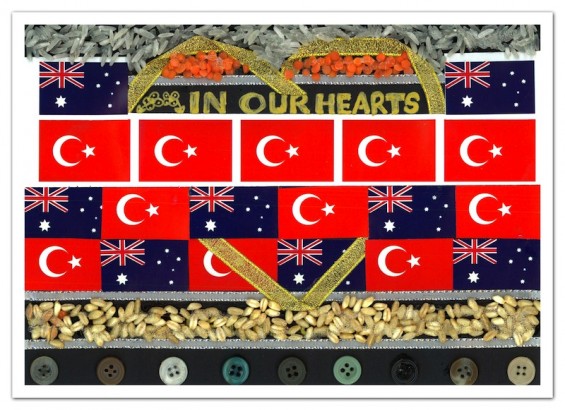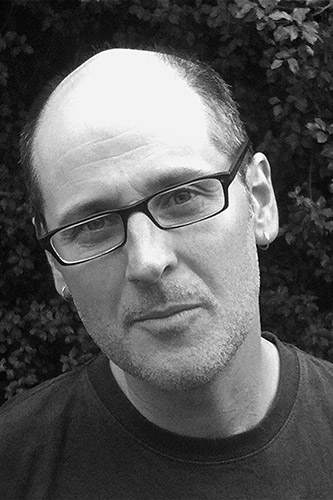
One of many charming essays by Samuel Johnson is number 176 of his Rambler series, first published on 23 November 1751, in which he takes up the subject of criticism. It is a short essay, and not necessarily one of his greatest, but it is one in which his singularly gruff and appealing persona is very much in evidence, in the way that he moves from archness to sober reflection, and on to his rather melancholy moral conclusion.
‘There are,’ Johnson begins, ‘many vexatious accidents and uneasy situations which raise little compassion for the sufferer, and which no man but those whom they immediately distress, can regard with seriousness.’ Chief among such ‘powerfully ridiculous’ and ‘comick’ miseries is ‘the pain which an author, not yet hardened to insensibility, feels at the onset of a furious critick’. Johnson goes on to describe, in a somewhat caricatured fashion, a back-and-forth between a vehement critic and an indignant yet cagey author, each striving for the upper hand in a battle that is of importance only to them, before observing:
As it very seldom happens that the rage of extemporary criticism inflicts fatal or lasting wounds, I know not that the laws of benevolence entitle this distress too much sympathy. The diversion of baiting an author has the sanction of all ages and nations, and is more lawful than the sport of teizing other animals, because for the most part he comes voluntarily to the stake, furnished, as he imagines, by the patron powers of literature, with resistless weapons, and impenetrable armour …
Johnson’s intention is not merely to tease authors for their high self-regard: he recognises that ‘works of genius are sometimes produced by other motives than vanity’ and understands why authors might be tempted to ignore the sage advice not to be drawn into squabbles with critics. A habitually dialectical thinker, he also turns the essay around in its second half to consider some of the presumptions and shortcomings of critics, whose animadversions are apt to be formulated in ‘haste and ignorance’ and to be based on idiosyncrasies of judgement. There are critics who view works through a ‘microscope’, losing themselves in minute particularities while failing to grasp the whole; there are others who see only through a ‘telescope’ and ‘see with great clearness whatever is too remote to be discovered by the rest of mankind, but are totally blind to all that lies immediately before them’. The essay closes with a characteristic synthesis:
In criticism, as in every other art, we fail sometimes by our weakness, but more frequently by our fault. We are sometimes bewildered by ignorance, and sometimes by prejudice, but we seldom deviate far from right, but when we deliver ourselves up to the direction of vanity.
One of the things I like about this essay’s reflections on criticism is the way that they balance, in a typically Johnsonian manner, an amusing and somewhat cheeky justification for speaking plainly about a work’s shortcomings with an argument for modesty in the face of one’s own fallibility of judgement. A good deal of the force of the conclusion lies in that universalising pronoun ‘we’. The common quality that unites authors and critics is that very human failing, a tendency to be lead astray by vanity – one of the defining themes of Johnson’s writing. But the crucial distinction here is between ‘weakness’ and ‘fault’: the former is perhaps excusable, as it is something to which we are all susceptible; the latter is something we should try to recognise in ourselves and strive to avoid. Beyond the sobering moral imperative, there is an underlying argument for the importance not only of speaking frankly and in good faith, but of assessing one’s own motivations in the same clear light of reason. Who might be more prone to vanity, the author or the critic, remains an open question.
My pretext for this brief excursion into the critical thought of the august Dr Johnson is that on Thursday 9 April 2015 the Wheeler Centre in Melbourne will host Critical Matters: Book Reviewing Now, a day-long conference organised by Monash University’s Centre for the Book. The event will bring together many of Australia’s most prominent public critics, including a good number of regular contributors to the Sydney Review of Books, who will be mulling over centuries-old arguments about the moral and intellectual imperatives of literary criticism, and thrashing out the issues that are shaping contemporary book reviewing and Australia’s critical culture more broadly. The afternoon debates are open to the public and free to attend.
Sydney Review of Books this week features essays by Mireille Juchau and Ben Eltham. In ‘Invaded, Destroyed, Rebuilt’, Juchau looks at the controversial literary career of Rachel Cusk. Juchau finds Cusk’s Outline to be a novel that has some affinities with contemporary works of ‘autofiction’ by authors such as Ben Lerner and Karl Ove Knausgaard, but one that also evokes the work of earlier writers such as Thomas Bernhard and W. G. Sebald. By Cusk’s own admission, the novel’s formal departures from the conventional realism of her previous novels were prompted by the bruising reception of her two memoirs of motherhood, and Juchau reads Outline as a book that is shrewdly recasting the issues that attend autobiographical writing:
How better to recover from that double-exposure, from attacks on your subjective narrating, than with a novel about the inevitable distortions that occur in every life story? Having exposed, and in turn been exposed herself, Cusk has turned to a form that keeps her partly hidden; in creating Faye, she has invented what [David] Shields calls ‘a surrogate self’.
Our second essay considers the latest work by the Canadian writer and activist Naomi Klein, who, as Ben Eltham observes, ‘has some claim to the title of the most influential non-fiction writer in the world’. In her latest book, This Changes Everything: Capitalism vs the Climate, Klein confronts the most pressing global issue of our time. Eltham’s essay ‘A Glimmer in the Darkness’ provides an overview of the profound and all but overwhelming problem that climate change poses for humanity. He reads This Changes Everything as an urgent and timely polemic, but one that stops short of providing plausible solutions to the looming global catastrophe. Klein points to grassroots activism as a sign of hope. ‘But it is hard to argue,’ observes Eltham, ‘on the available evidence, that local protests have done anything much to halt the ongoing production of fossil fuels.’
From the archives this week looks back at Brian Castro’s review of W. G. Sebald’s essay collection A Place in the Country. In ‘Sensible Seeing’, Castro explores the connection between Sebald’s ambulatory habits, his literary influences, and the rhythms of his distinctive prose style.
Next week is the Easter long weekend, so there will be no Sydney Review of Books newsletter on Friday. Look out for our next email in a fortnight’s time.
